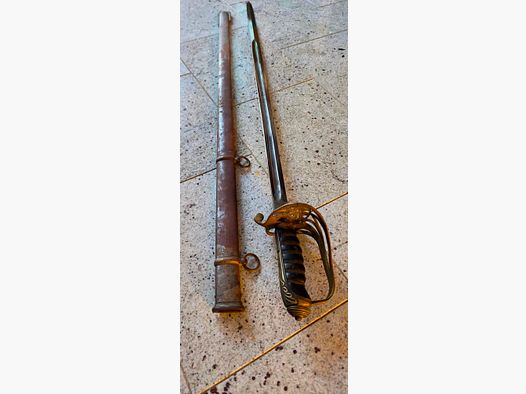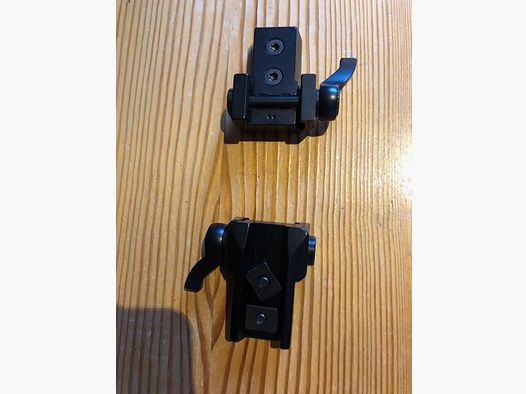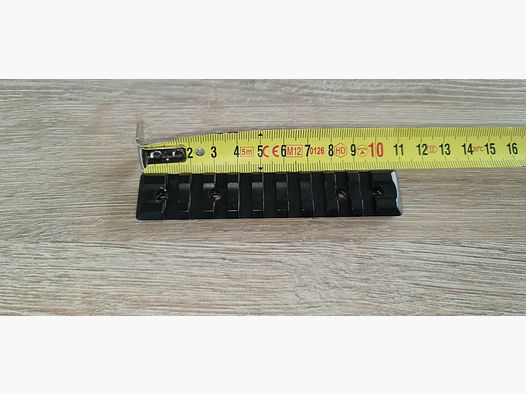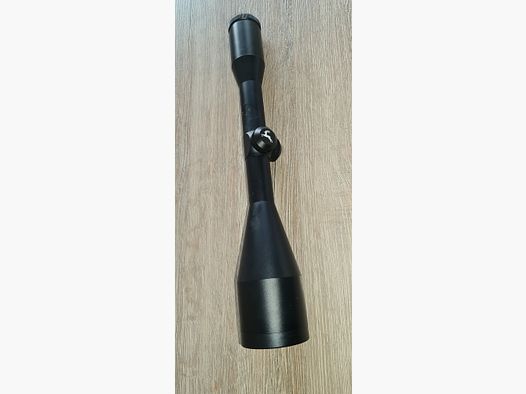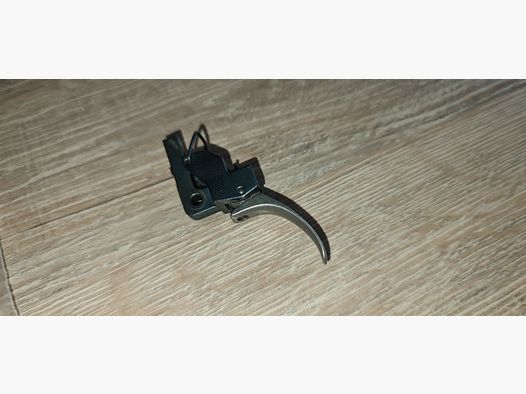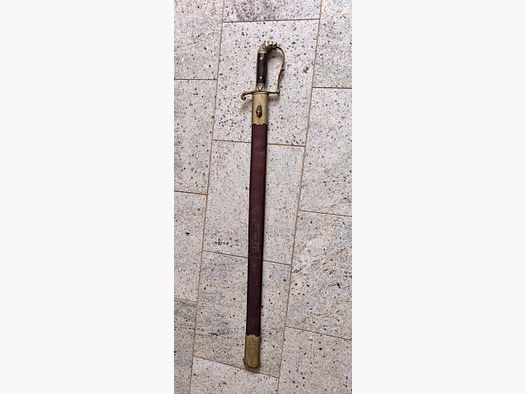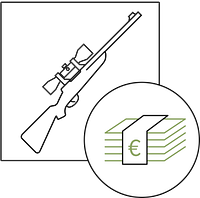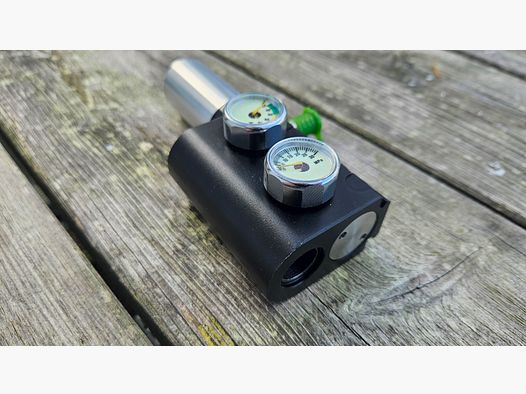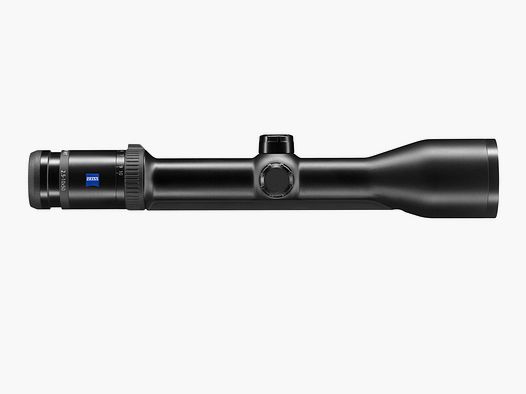Conflicts on online marketplaces are not uncommon. Common issues range from delivery delays to product defects and payment disputes. Studies show that about 3–5% of all e-commerce transactions end in disputes. Especially for low-value products, quick solutions are needed, as legal action is often too expensive and cumbersome.
What to do in case of a dispute?
- Check transaction documents: Secure payment receipts, product descriptions, and communications.
- Gather evidence: Systematically save screenshots, photos, and documents.
- Make contact: Propose a solution in a factual and concrete manner.
- Set a deadline: Provide a reasonable timeframe (e.g., 7–10 business days).
If that’s not enough: Platform-internal dispute resolution tools or external mediation services offer structured solutions. The latter can be helpful in more complex cases. Legal action should be the last resort but should be carefully considered.
Conclusion: Direct communication and the use of platform tools are often the quickest way to resolve conflicts. Mediation and court proceedings are alternatives when other approaches fail. Prevention and clear communication can minimize disputes from the outset.
Let's talk Marketplace 62: Fraud in Marketplace Business: Organized Crime, Return Fraud - how...
Checklist: First Steps in Case of Disputes
When a conflict arises, quick and structured action is crucial. The first hours and days after a dispute can often determine the course of the resolution. With this checklist, you can keep track and strengthen your position.
Check all transaction documents
The first step in any dispute is a thorough review of all relevant documents. Many conflicts are based on misunderstandings that can be clarified through careful document examination.
- Check payment receipts such as bank statements, PayPal transactions, or credit card statements. Note the date, amount, and any fees. If you purchased through Gunfinder, also check the payment confirmation from the platform.
- Compare the original product description with the received item. Product descriptions must be clear, complete, and understandable. Screenshots of the original listing can serve as evidence.
- Search through all your communications with the other user. Relevant information may be contained in emails, platform messages, or phone notes, such as promises, changes, or delivery dates.
- Look for customer service contact details. These are usually found in the imprint or FAQ section of the platform.
Gather evidence
After reviewing the documents, the next step is to secure all relevant evidence. It is important to ensure the authenticity and integrity of the evidence, especially if it may be used in court later.
- Take screenshots of relevant pages, including the date and URL. Save these systematically, e.g., with file names like "ProductDescription_Date_Time".
- Secure all transaction receipts such as purchase confirmations, shipping proofs, return slips, or warranty documents.
- Document physical damages with photos from various angles. For hunting equipment, serial numbers, manufacturer information, and condition are particularly important. Ensure good lighting and use a scale for size comparisons.
Contact the other user
Once all evidence is gathered, the next step is to make contact. Direct negotiations between the parties are often the best way to find a solution before legal action becomes necessary.
- Use the platform's messaging system for the initial contact. This way, all communication is automatically documented. On Gunfinder, all messages are stored in your account.
- Keep your message factual and polite. Clearly and concretely describe the problem, e.g.: "The delivered scope does not match the description. According to the listing, it should have a 10x magnification, but it is only 6x." Avoid accusations or emotional wording.
- Propose a concrete solution, such as return, price reduction, or replacement. For defective products, an exchange is often the best option, while for incorrect descriptions, a refund may be sensible.
Set a response deadline
To avoid unnecessarily prolonging the conflict, you should set a clear deadline. At the same time, you give the other user enough time to find a solution.
- A deadline of seven to ten business days is appropriate in most cases. For urgent cases, three to five business days may be sufficient.
- Clearly formulate the deadline, e.g.: "Please let me know by August 15, 2025, how you would like to resolve the issue." Also explain the consequences, e.g.: "If I do not receive a response by this date, I will escalate the dispute through the platform."
Note the deadline in your calendar and already plan the next steps. These measures form the basis for utilizing professional dispute resolution tools offered by many platforms.
Marketplace Dispute Resolution Tools and Options
If direct communication with another party on a marketplace does not lead to a resolution, various tools are available to efficiently pursue disputes. Many online marketplaces offer structured and quick solutions that can often avoid legal action.
Platform-specific dispute resolution services
Most large marketplaces have internal systems for dispute resolution, which are often the first step in conflicts. For example, on Gunfinder, you can report a dispute directly through your user account if direct communication with the seller is unsuccessful.
These internal services work with moderators who review the submitted documents and try to find an amicable solution. Typically, this is done free of charge and within a few business days. Moderators have access to all relevant transaction data, which helps them make an informed assessment of the case.
The advantage of these internal systems lies in their speed and the fact that they are usually free of charge. Additionally, moderators are familiar with the specific rules and procedures of the platform, which facilitates the handling of disputes. However, for more complicated cases, there are also external solutions.
External mediation services
If a conflict cannot be resolved through internal tools, external mediation services are available. According to EU Regulation 2019/1150, online platforms must designate at least two mediators that business customers can contact.
A well-known provider in this area is e‑POM (European Platform for Online Mediation). These mediators work on a fee basis, with fees transparently disclosed.
Mediation is a voluntary and confidential process. Mediators act as neutral facilitators who help both parties clear up misunderstandings and find a common solution. However, they do not make decisions but moderate the negotiation process.
Evidence upload systems
Modern dispute resolution platforms offer specialized systems for uploading evidence. Through these systems, you can electronically submit documents, photos, and communication histories with timestamps.
The advantage of such systems lies in their clear structure: You can upload evidence chronologically and grouped by type, for example, separately for receipts, messages, or policies. Each piece of evidence should be accompanied by a brief explanation describing its relevance. Ensure that texts are legible and images are of high quality. Limit yourself to information directly related to the dispute.
This structured approach makes it easier for mediators to assess the case, as all relevant materials are organized and easily accessible. The platforms are also required to securely store the uploaded evidence and comply with applicable data protection regulations.
Steps in the Mediation Process
Once the evidence has been secured, mediation can serve as a formal resolution pathway. If the internal resolution attempt fails, mediation offers a quick and cost-effective alternative to court proceedings.
Submit a formal dispute
To officially submit a dispute, you can use a recognized mediation platform. Until July 20, 2025, the EU Online Dispute Resolution Platform (ODR) is available for this purpose. This platform serves as a central point of contact for consumers and traders.
The process begins on the official website of the EU Commission, where you must answer some questions about the nature of your dispute. Important: The transaction must have taken place online, as offline transactions do not fall under this regulation.
After submitting the case, the other party will be informed in writing about the complaint. The ODR platform also allows for the exchange of messages, images, and videos to facilitate communication between the parties.
Alternatively, you can also submit your dispute to the ADR Center through a secure online portal. Following this, the appropriate mediation instance will be chosen.
Select a mediation instance
Once the dispute is submitted, both parties have 10 calendar days to agree on an alternative dispute resolution (ADR) body. If no agreement is reached, the complaint can only be pursued if the trader is legally obliged to use ADR.
When selecting the mediation instance, you should consider the following criteria:
- Expertise and legal knowledge in complex disputes
- Impartiality and a proven track record
- Communication skills and efficient process management
The fee structure also plays a role: Many mediators work with a fixed hourly rate and often require an advance payment for a certain number of mediation hours.
After selecting the mediation instance and conducting the mediation, the implementation of the agreements reached follows.
Follow mediation decisions
If an agreement is reached, a written, binding mediation agreement is created. This agreement is final and cannot be changed after the mediation is completed.
The agreement must be signed by all parties involved and include a clause that clarifies its binding nature and enforceability.
If no amicable solution is achieved, the mediator will issue a non-binding decision within 90 days. At the ADR Center, the parties can also exchange settlement proposals under the guidance of the expert during the process.
An example from practice is the case Majkowski v. American Intern. Group, Inc., which shows that binding mediation agreements can also be enforced in court.
sbb-itb-1cfd233
Legal Steps in Unresolved Disputes
If mediation fails or the other party does not cooperate, often the only option left is to go to court. However, before filing a lawsuit, it is important to carefully weigh the costs, chances of success, and possible indirect effects. Here’s how to effectively use the legal route to strengthen your position.
Examine the chances of success and costs
Before pursuing a lawsuit, you should conduct a thorough cost-benefit analysis. This includes not only direct costs such as attorney and court fees but also additional expenses, such as for experts or witnesses. For example, in a dispute valued at €1 million, the statutory attorney fees in the event of a complete loss can amount to about €12,000 net.
You should also consider the duration of the proceedings. Civil proceedings in Germany often take 6 months to 2.5 years, which incurs further costs and efforts. Indirect factors include:
- The time value of money and possible interest
- Accounting provisions
- Missed business opportunities
- Possible loss of confidentiality
- Psychological stress and time expenditure
Before filing a lawsuit, it is also worthwhile to check for interim injunctions and to review a commercial register extract to ensure that enforceability is given and that the legal representatives have been correctly identified.
Use of mediation documents in court
The documents from a mediation can be helpful in court, even if they are subject to certain confidentiality rules. According to the Mediation Act, mediators are obliged to confidentiality. However, this obligation does not necessarily apply to the parties or the documents created during the mediation.
Mediation agreements can be declared enforceable by the district court or a notary. It is advisable to inform the court about the mediation efforts made, as German courts are already obliged to promote an amicable settlement. A settlement reached in court becomes an enforceable title. An out-of-court mediation settlement, on the other hand, remains merely a material agreement without notarial certification.
Filing a lawsuit and procedural process
After the evidence collection from the mediation is completed, it is up to you to compile the necessary evidence and present it in your pleadings. In German commercial disputes, decisions are usually made based on written submissions.
Evidence can be presented in the form of documents, inspections, witness statements, expert opinions, or party hearings. Ensure that you have all relevant documents such as contracts, invoices, or official documents readily available. An expert opinion can be particularly useful for technical questions.
Unlike the US legal system, there is no comprehensive disclosure obligation for documents from the opposing party in German civil proceedings. German courts are keen to resolve disputes pragmatically. Undisputed facts are considered "undisputed" and do not need to be further proven.
Comparison: Methods for Dispute Resolution
After learning about the various internal and external tools for dispute resolution, this comparison provides you with a practical overview to choose the appropriate method for your individual case.
| Method | Costs | Time Investment | Chances of Success | Result Control |
|---|---|---|---|---|
| Direct negotiation | Free | Short (weeks) | High – with willingness to cooperate | Full control |
| Platform tools | Usually free | Short (weeks) | Medium to high | Limited control |
| Mediation | Moderate | Shorter than court proceedings | High with cooperation | High control |
| Arbitration | Moderate | 18–22 months | Very high | Limited |
| Court proceedings | High | Long (months to years) | Variable | No control |
Detailed Examination of the Methods
Platform-internal systems have proven to be extremely efficient. A notable example is the internal dispute resolution system of eBay, which handled around 60 million disputes annually until 2010. Such systems often enable quick and cost-effective solutions, saving time and money compared to court proceedings.
Mediation offers an attractive alternative to lengthy court processes. Dr. Ádám György, partner at SBGK, succinctly summarizes the advantages:
“The advantages of mediation compared to traditional procedures include speed, effectiveness, and control over the outcome. If a client is looking for a quick solution, mediation could be an excellent option.”
Arbitration is particularly helpful for complex disputes, as it leads to a binding decision. However, control over the outcome is limited, which can be a disadvantage in some cases.
The Right Approach: Escalation Strategy
A sensible escalation strategy occurs in stages. Start with direct communication, supported by all relevant evidence. If this does not succeed, the platform's internal dispute resolution tools can be the next step. Only then should mediation or legal action be considered.
For cross-border disputes within the EU, the ECC-Net offers free support, which is a valuable resource, especially in the international context. For smaller dispute values, a court order may be sufficient. However, more complex cases, such as fraud or copyright violations, typically require legal action.
Conclusion: Weighing Effort and Benefit
All the mentioned methods form a well-thought-out escalation path that helps you find the appropriate solution in any conflict situation. Always pay attention to the ratio of effort to benefit: While lengthy court proceedings may be uneconomical for lower dispute values, professional mediation or arbitration is often the better choice for larger sums.
Conclusion: The Most Important Points for Dispute Resolution
A successful dispute resolution is based on careful preparation, a structured approach, and the choice of the appropriate method. The first step should always be direct contact with the customer service of the trader – ideally supported by complete documents such as invoices or contracts.
Alternative dispute resolution (ADR) offers an effective way to resolve conflicts out of court. These neutral bodies are subject to strict EU quality standards and usually enable a cost-effective or even free solution within 90 days.
Although the European Online Dispute Resolution Platform (ODR) is no longer available since July 20, 2025, the obligation for sellers to inform consumers about their participation in alternative dispute resolution procedures remains. For cross-border disputes, the European Consumer Center (ECC) Germany remains an important point of contact.
Online dispute resolution offers practical advantages: It reduces the need for in-person meetings, takes into account the specific needs of the parties, and promotes cooperative problem-solving. Especially online mediation helps to reduce costs, as it makes in-person meetings unnecessary.
Prevention plays a crucial role. Platforms like Gunfinder rely on security measures such as encrypted payment systems, AI-based fraud detection, and strict seller verifications to avoid conflicts from the outset. These preventive measures are often more efficient and less burdensome than subsequent dispute resolutions.
A clear trend is emerging: Both businesses and individuals are increasingly turning to ODR solutions to resolve conflicts quickly, accessibly, and cost-effectively. The COVID-19 pandemic has further accelerated this development.
In summary, a well-thought-out escalation strategy is the key to success. Start with direct communication, use platform-internal tools, consider mediation, and only resort to legal measures as a last step. This approach not only saves time and money but also preserves relationships with business partners.
FAQs
How do I successfully resolve disputes on online marketplaces?
How to resolve disputes on online marketplaces
When conflicts arise on online marketplaces, it is often advisable to initially rely on out-of-court solutions. Procedures such as mediation or conciliation are not only faster but also more cost-effective than court proceedings. A helpful point of contact can also be the European Online Dispute Resolution Platform (ODR). It allows you to directly contact the trader and jointly seek a solution.
To ensure your claims are heard, a clear and well-documented presentation of your demands is essential. If you need additional support, you can contact certified conciliation bodies, such as those recognized by the Federal Network Agency. This way, the chances of reaching a fair and quick agreement are good.
What advantages do external mediation services have over the dispute resolution tools of online marketplaces?
External mediation services bring an independent and neutral perspective to the process, which often helps the conflicting parties to accept the proposed solution more readily. Thanks to their specialization and extensive experience in conflict resolution, they can develop solutions that are more effective and long-lasting.
Another advantage of external mediators is that they are not embedded in the internal structures or interests of a platform. This allows them to act impartially and resolve conflicts without the platform itself exerting influence. They prove to be a valuable option, especially in complicated or sensitive disputes.
What should I do before taking legal action in a dispute?
Before considering legal action in a dispute, you should take the time to thoroughly review the contract terms. Try to identify the exact cause of the conflict. Often, misunderstandings or discrepancies can be resolved through clear and open communication.
If an agreement is still not possible, out-of-court solutions such as mediation or conciliation could be a sensible alternative. These approaches not only save money but usually also lead to a solution that is acceptable to both sides more quickly.
If the dispute does end up in court, it is crucial to have all important documents ready. This includes invoices, contracts, or relevant email correspondence. Careful preparation strengthens your position and increases the chances of successfully enforcing your claims.







